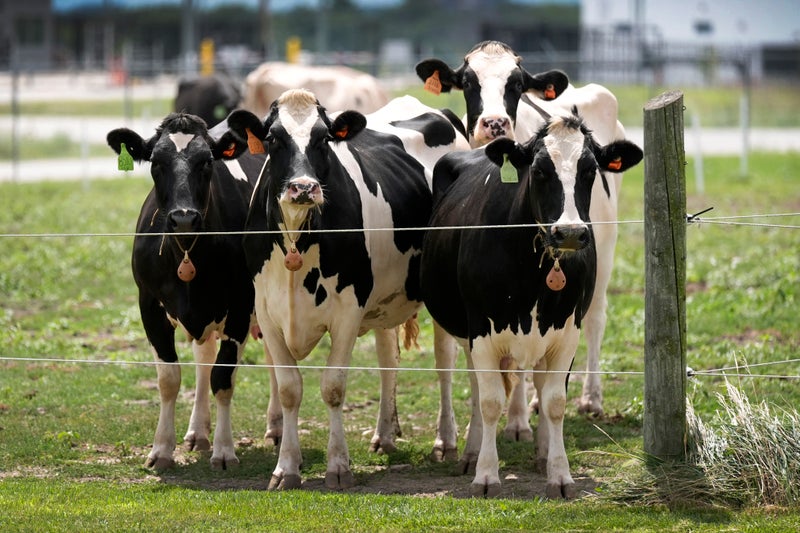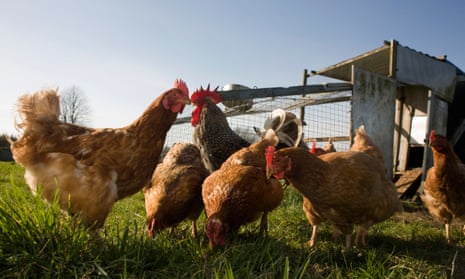Scientists find ‘conclusive’ evidence of spillover infections from wild birds in the east Asian country – home to five million horses. Copy link. twitter. facebook. whatsapp. email. Horses are silent carriers of H5N1 bird flu, a new study from the University of Glasgow has found.
Testing of horses in Mongolia found that several had antibodies for H5N1, indicating prior infection. None of the animals had ever been reported as sick, however, meaning they can carry the virus asymptotically. The findings raise concerns for people who live and work closely with horses and other equids – from American cowboys to Scottish crofters and their Shetland ponies.
The fear is they could catch the virus from their animals. This year alone, over 60 people in the US – primarily agricultural workers – have fallen ill after exposure to infected cattle. If spillover events between wild birds and horses, donkey and other equids become more common, they could potentially become a significant vector for the virus.
The researchers took blood samples from horse herds across Mongolia and found “conclusive” evidence of spillover infections from wild birds. Among the 1,000 horses tested, at least nine had antibodies for bird flu. The tests were conducted in Arkhangai Province, a wetland area with a large population of wild birds, and the Gobi Desert, a dry region with far less wildlife.
It’s unclear how the Mongolian horses contracted the virus, although millions of other mammals including cats, dogs, skunks, pigs, and even a polar bear have become infected by either consuming birds or coming into contact with their faeces, dropped into their environment as the birds fly above.






















